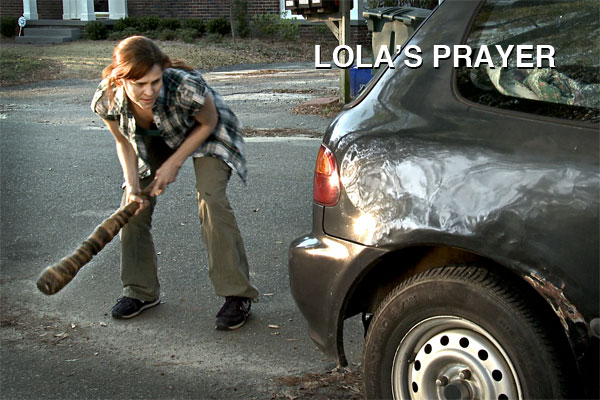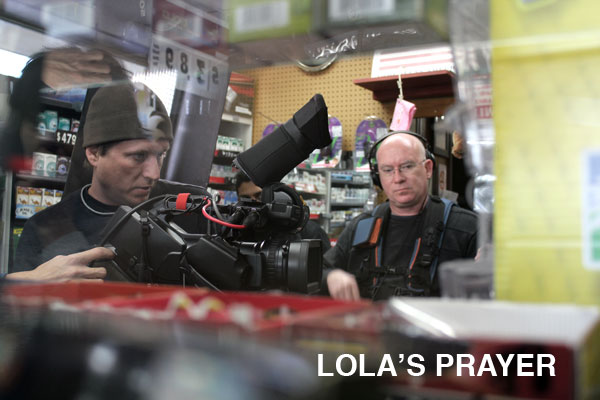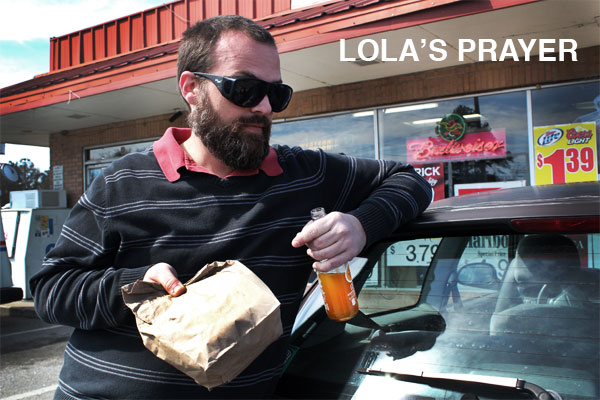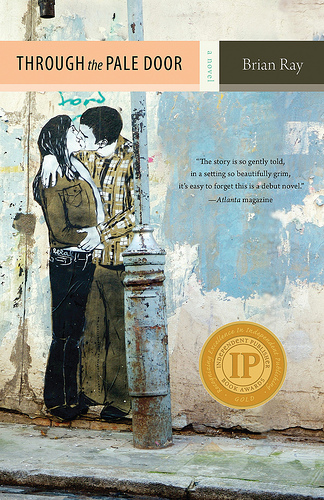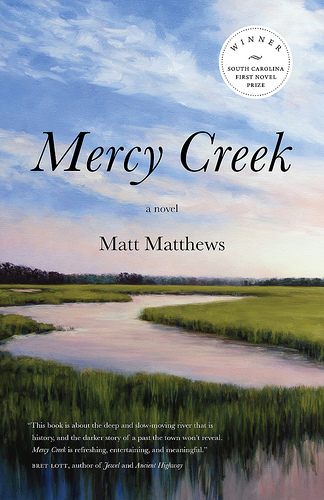HUB-BUB’s third annual Expecting Goodness Short Film Festival
gets underway this month with a statewide call to filmmakers.
The Expecting Goodness Short Film Festival is accepting filmmaker applications until December 31, 2013. If selected, filmmakers will get the opportunity to create a film adaptation of an award-winning short story by a South Carolina writer — and compete for juried prizes on festival night, June 14th, 2014.
“This festival is an amazing opportunity for independent, South Carolina filmmakers,” says Chris White, co-director of this year’s festival. “Expecting Goodness connects filmmakers, writers, and the community like no other festival I know.”
Hub City, HUB BUB, and the Expecting Goodness co-directors are excited about what they have in the works for Expecting Goodness 2014. In its first two years, the festival grew exponentially, moving from The Showroom to a sold-out festival day at Chapman Cultural Center’s David Reid Theater.
This year, Contec, Inc of Spartanburg signed on early to be the festival’s headline sponsor, which will help the project grow even further and offer more to the community.
“Having a big-name sponsor like Contec support the festival from day one is exciting,” says Emily Reach White, co-director of the Expecting Goodness Short Film Festival. “It allows us to pursue some creative ideas for the project that we wouldn’t have been able to support otherwise.”
The organizers are working to expand the festival and welcome filmmakers from across the state by offering more screenings, more perks, and more prizes — 11 juried prizes in all. Their goal is to be the most hospitable, filmmaker-friendly festival in the state.
“Filmmakers who participate in the Expecting Goodness Short Film Festival, not only get to work with great stories,” says Cate Ryba, Executive Director at HUB-BUB “they also get the full organizational and promotional support of HUB-BUB, which means the chance to screen new work in front of hundreds of people.”
In order to be eligible to participate, filmmakers must be South Carolina residents who are 18 and older. Filmmakers must be able to fully commit to the project and meet all of the stated deadlines. In addition, filmmakers must be responsible for their own equipment, materials, and production costs.
To learn more about the festival and the eligibility requirements for filmmakers, go to expectinggoodness.com/application/




